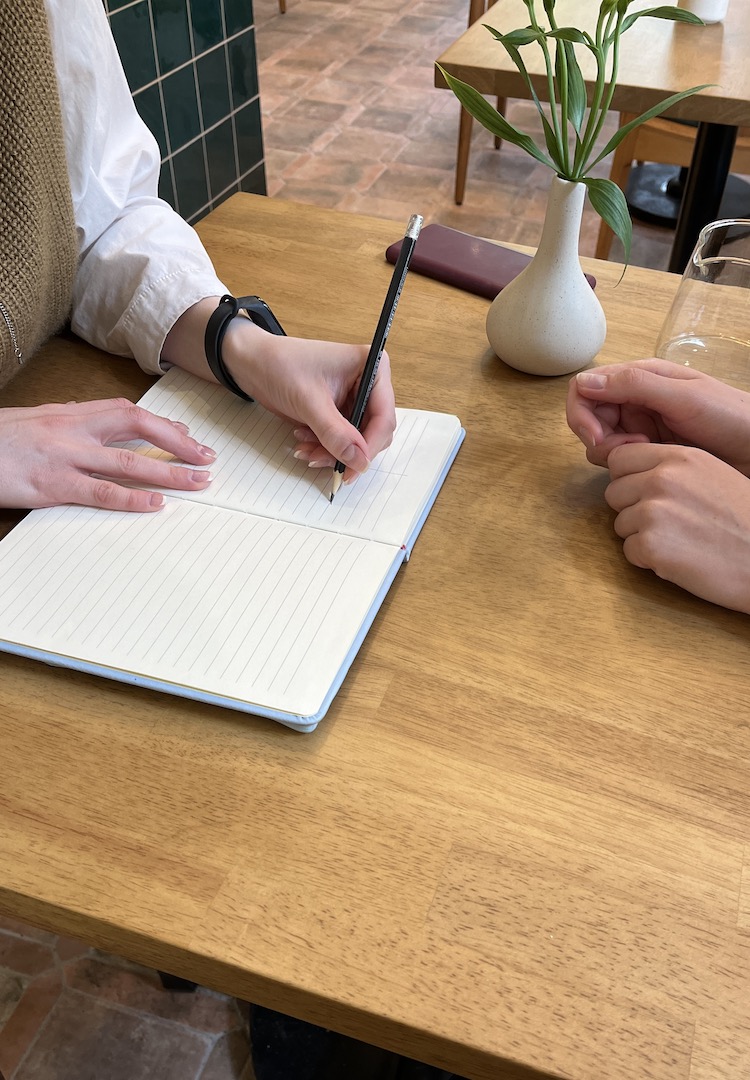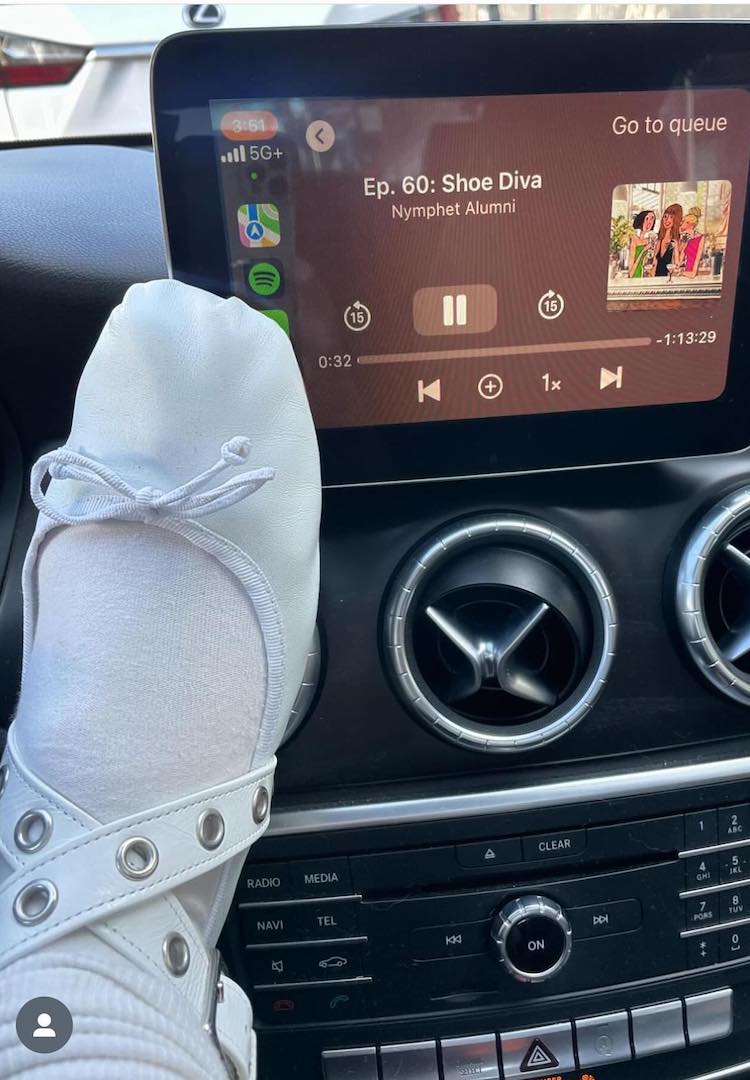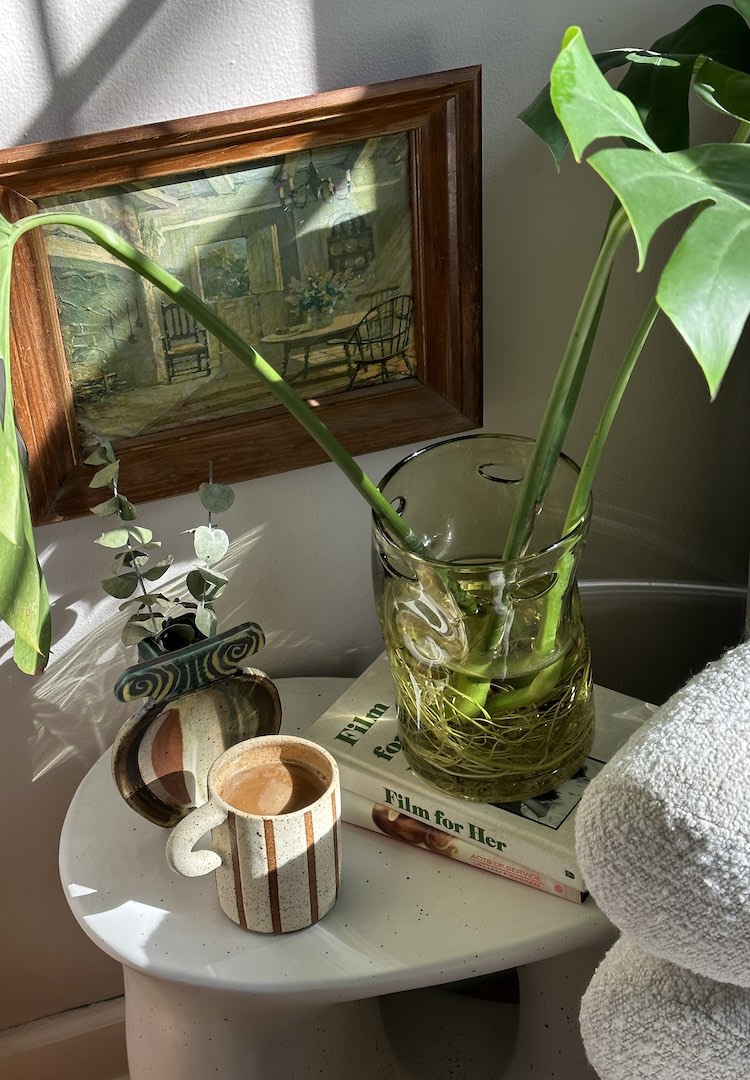“Failing to plan is a plan to fail”: How to set yourself up for long-term financial success
Words by Emma Roberts
Unleash your inner finance bro.
Goal setting has never been my forte. It was like this throughout my teen years and, unfortunately, it’s carried across into my early twenties. The vulnerability it takes to share my goals with those around me often stops me from even acknowledging I have them in the first place.
If you ask me what I want to do career-wise I’ll dismissively respond “I don’t know” or “I’m still figuring it out” before quickly changing the topic of conversation. I’ve taken the same approach with my finances – it’s not an issue of not knowing what I need to do, it’s more that I haven’t taken the steps to learn these processes and techniques. In an age where buying a house seems more unachievable than ever, financial growth and wealth management seem easier to sweep under the rug.
Interested to hear how others navigate the world? Head to our Life section.
Many young adults aren’t great when it comes to saving money. Social media has driven unprecedented materialism and altered the way we perceive wealth; we’re prioritising a flashy new designer bag over the less glamourous stock market investment. Afterpay, credit cards, online shopping and Uber Eats fulfil our desire to have everything right now, and how are we expected to navigate this temptation when our financial goals seem so far out of reach?
But recently, the unpredictability of my early twenties has left me determined to control what I can. Among the changing friendships, sharehouses, mid-week drinks and the general existential questioning that accompanies these years, a desire to create stability for my future has emerged, interrupting the state of naive financial spontaneity I’ve been existing in.
Luckily for me (and for you), financial education is more accessible than ever before – particularly for women, who have traditionally been left behind when it comes to financial literacy. Maddy Guest and Sophie Dicker from the You’re In Good Company podcast understand how intimidating the finance world can seem. Below, they’ve shared their best tips for setting yourself up for long-term financial success.
Failing to plan is a plan to fail
For a lot of us, this is the hardest place to start. But acknowledging what we want to achieve in the long run will give us something to work towards. Maddy and Sophie advise setting yourself “… some short (three to six months), medium (two to five years) and long-term (10 plus years) goals so you know your ‘why’ when saving and investing”.
Planning also involves budgeting. And even though restricting our cash flow is far from glamorous in the short term, having an effective budgeting strategy will allow us to achieve our future goals. As I work towards improving my financial literacy, award-winning financial adviser Victoria Devine’s blog, She’s on the Money, has taken up a permanent residency on my internet homepage.
In a blog post from March 2021, she writes that understanding your money story is a great starting point. “Your money story is often moulded from early on in life…it’s a really helpful tool that we can use to pull ourselves up if we can feel ourselves slipping into old negative money habits… [and it helps us to] understand why we are the way we are when it comes to finance,” she writes.
Trying to manage a budget can feel like being pulled in every different direction, especially if it means missing out. But succumbing to FOMO and shopping hauls when we can’t afford to prevents us from achieving both our short-term and long-term financial goals. Getting sucked into buy now, pay later schemes to keep up with those around you only makes the issue worse. Ask yourself, is it really a need or actually more of a want?
Changing the way we perceive budgets is how we make them manageable. “Keeping a budget isn’t necessarily about restriction, it’s about having a greater awareness of where exactly your money is going and how you can keep growing that ‘savings’ figure month on month,” Victoria explains.
Invest early to make the most of your money long term
Investing makes your money work smarter for you. I can’t advise you on where to make your first investment (I don’t need a lawsuit) but platforms like Sharesies are great for beginners. They act as the middleman to help you get your foot in the door. With no minimum, you can choose to either invest in a little or a lot across Australian, American and New Zealand markets.
Maddy and Sophie tell me it’s important to start off with a small investment and to take your time when learning the ropes of investing. “Slowly familiarise yourself with how to use your investment platform and become comfortable with market movements over various time periods; daily, weekly and monthly fluctuations,” they explain.
Do your research
Knowledge is power, and taking control of your money story is sexy. For a straightforward breakdown of all things financial, Investopedia and the Australian Government’s MoneySmart website are great resources. You’ll be harnessing your inner finance bro in no time.
In fact, being smarter with your money doesn’t have to be all that serious. Maddy and Sophie tell me that, “a Google search a day will get you on your way… This doesn’t need to be overly time-consuming! Join online groups or start your own with friends where you dedicate a morning coffee or an evening wine to chat about investing – make it as normal as a book club.” Facebook groups like the Ladies Finance Club are easily accessible spaces to expand your financial knowledge in a collaborative forum (and from the comfort of your couch).
Podcasts are also a handy way to learn on the go. Some of my favourites are You’re In Good Company, She’s on the Money and The Broke Generation. All female-hosted, these podcasts break down the nitty gritty, minus the mansplaining.
The financial information contained in this article is general and doesn’t take into account your personal financial objectives, situation, or needs. It’s important to do your own research and consider getting in touch with a professional adviser to access specific information tailored to your own unique situation.
For more money-saving tips, listen to the You’re in Good Company podcast here.













